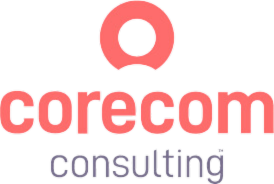Mar
20
2019
Using Conway Law to Tackle Company Scaling Problems
Wed (04:00 PM - 05:30 PM)
Summary
Small companies can move fast and stay aligned because communication is easy with a small team. But as companies grow, communication becomes exponentially harder. A command and control, top-down hierarchy inevitably emerges.
And to protect the culture, companies often adopt an "internal marketing" narrative which software teams can find disingenuous.
Programme
Using Conway's Law to tackle the company scaling problem
Small companies can move fast and stay aligned because communication is easy with a small team. But as companies grow, communication becomes exponentially harder. A command and control, top-down hierarchy inevitably emerges. And to protect the culture, companies often adopt an ""internal marketing"" narrative which software teams can find disingenuous.
This talk is based on the challenges we've faced at Sky Betting & Gaming, which has tripled in engineering headcount over the last 3 years as we've become the number one sports betting company in the UK by customer volume. I'll explain why the concepts of choreography and orchestration apply to horizontally scaling an IT driven organisation, and how splitting into autonomous teams (with the right alignment and accountability) can create a workplace where you can get things done, and people feel excited and passionate about what they do.
Using team topologies for fast flow and organisation evolution
For effective, modern, cloud-connected software systems we need to organize our teams in certain ways. Taking account of Conway's Law, we look to match the team structures to the required software architecture, enabling or restricting communication and collaboration for the best outcomes.
This talk will cover the basics of organization design using Team Topologies, exploring a selection of key team types and how and when to use them in order to make the development and operation of your software systems as effective as possible.
The talk is based on the forthcoming 2019 book Team Topologies and first-hand experience helping companies around the world with the design of their technology teams.
Key takeaways:
1. Why using the “Spotify Model” of team design is not enough
2. The four fundamental team topologies needed for modern software delivery
3. The three team interaction modes that enable fast flow and rapid learning
4. How to address Conway’s Law, cognitive load, and team evolution with Team Topologies

Matt Skelton
Matt is the Founder and Head of Consulting at Conflux. He has been building, deploying, and operating commercial software systems since 1998. As Head of Consulting at Conflux, he specialises in Continuous Delivery, operability and organisation dynamics for software in manufacturing, ecommerce, and online services, including cloud, IoT, and embedded software.
Recognised by TechBeacon in 2018 as one of the top 100 people to follow in DevOps, Matthew curates the well-known DevOps team topologies patterns at devopstopologies.com and is co-author of the books Continuous Delivery with Windows and .NET (O’Reilly, 2016), Team Guide to Software Operability (Skelton Thatcher Publications, 2016), and Team Topologies (IT Revolution Press, 2019).





